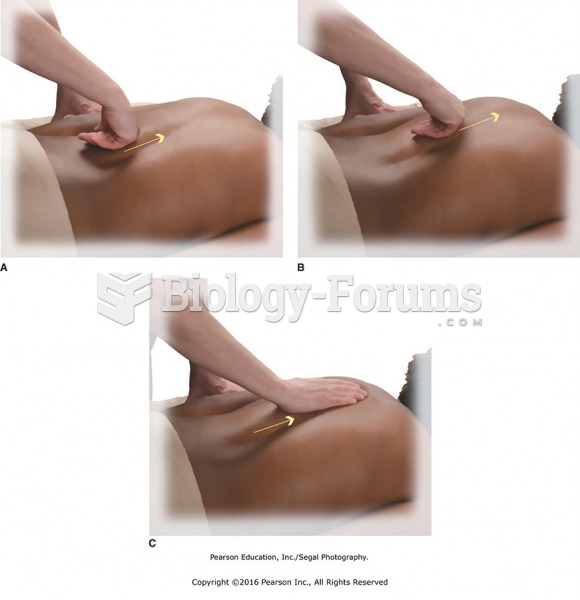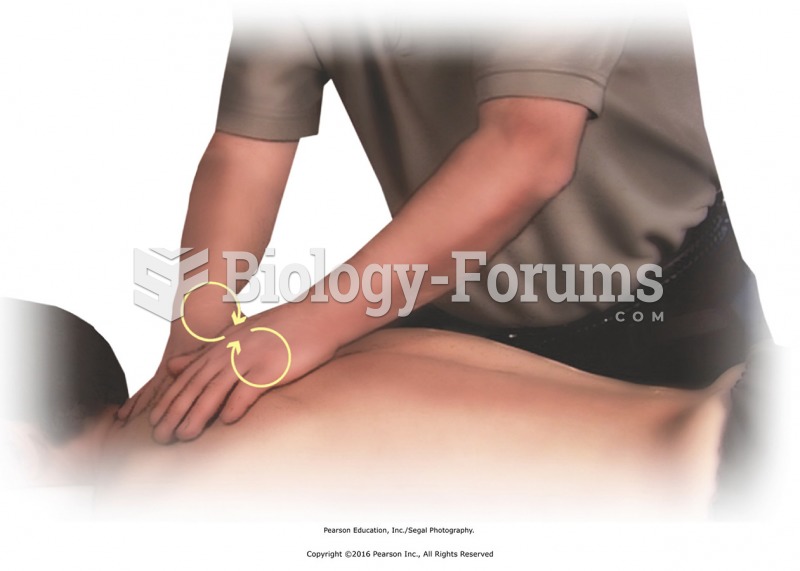Answer to Question 1
Correct Answer: 2
Rationale 1: Tolerance is a state in which continued exposure to the medication causes changes that result in a reduction in the effectiveness of the medication over time.
Rationale 2: Addiction is characterized by the behaviors of compulsive use of pain medication, continued use despite harm, and craving.
Rationale 3: Physical dependence is a state of adaptation that manifests with withdrawal symptoms when the drug is stopped or drastically reduced.
Rationale 4: Pseudoaddiction is a condition that results from the undertreatment of pain where the client can become so focused on obtaining medications for pain relief that she becomes angry and demanding, might clock watch, and might otherwise seem inappropriately drug-seeking.
Answer to Question 2
Correct Answer: 3
Rationale 1: Addiction is characterized by the behaviors of compulsive use of pain medication, continued use despite harm, and craving.
Rationale 2: Tolerance is a state in which continued exposure to the medication causes changes that result in a reduction in the effectiveness of the medication over time.
Rationale 3: Pseudoaddiction is a condition that results from the undertreatment of pain where the client can become so focused on obtaining medications for pain relief that he becomes angry and demanding, might clock watch, and might otherwise seem inappropriately drug-seeking. To differentiate between pseudoaddiction and addiction, if the client's negative behavior resolves when the pain is treated effectively, the client is exhibiting pseudoaddiction.
Rationale 4: Physical dependence is a state of adaptation that manifests with withdrawal symptoms when the drug is stopped or drastically reduced.







